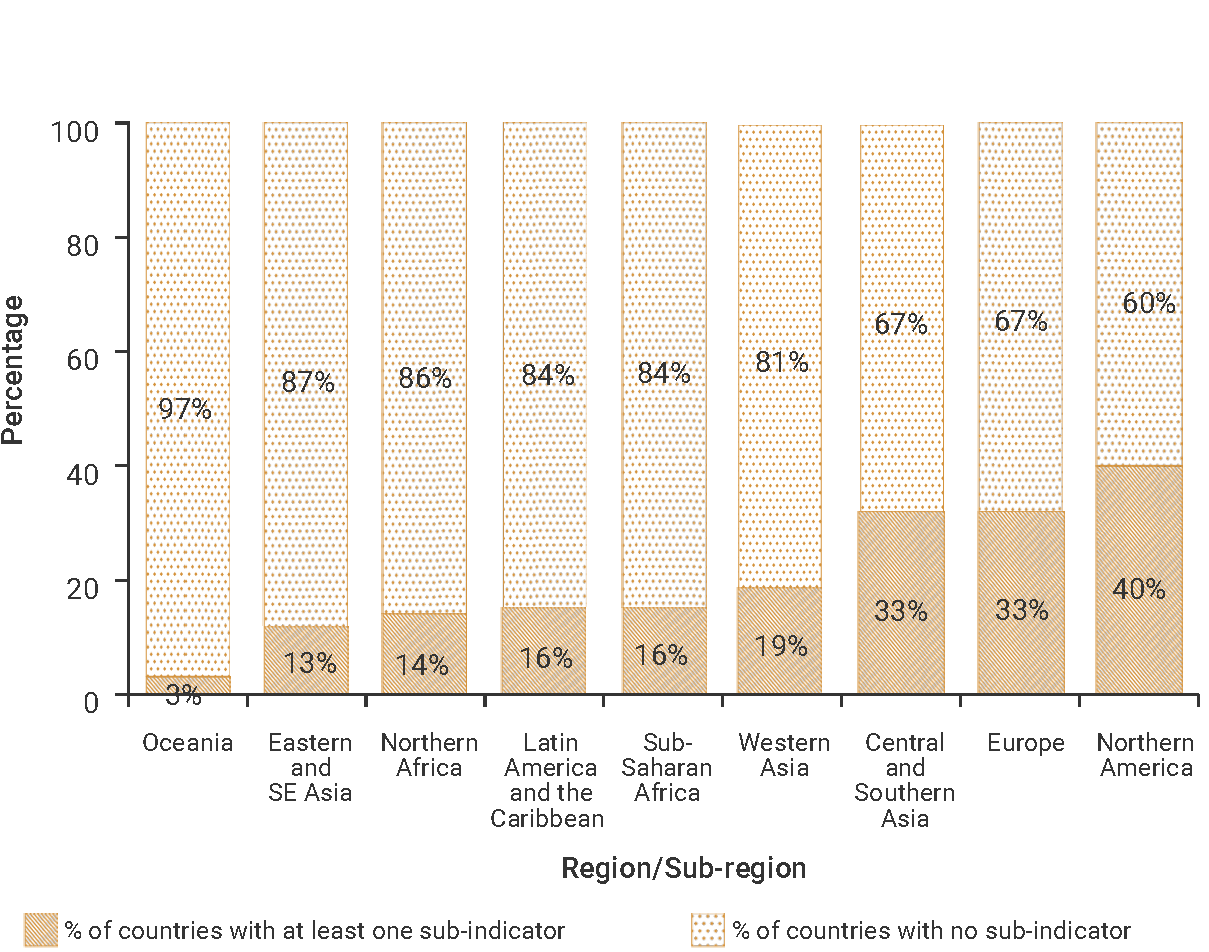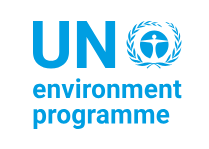SDG Indicator 14.a.1: Proportion of total research budget allocated to research in the field of marine technology
1. Key features and metadata
Definition: This indicator tracks the annual national research budget allocated by governments in the field of marine technology, relative to the overall national governmental research and development budget.
| Sub-indicator | Disaggregated by |
|---|---|
|
ER_RDE_OSEX National ocean science expenditure as a share of total research and development funding (%) |
No current data disaggregation available. |
Sources of information: Data regularly submitted by UN Member States to the Intergovernmental Oceanographic Commission (IOC) Secretariat of the United Nations Educational, Scientific and Cultural Organization (UNESCO) to produce the Global Ocean Science Report (GOSR) and information directly provided by National Statistical Offices (NSOs) and National Oceanographic Data Centres.
2. Data availability by region, SDG Global Database, as of 02 July 2025

3. Proposed disaggregation, links to policymaking and its impact
| Proposed disaggregation | Link to policymaking | Impact |
|---|---|---|
|
Research and development expenditure in the field of marine technology by institutional sectors (million USD) (OECD 2015):
|
Sustained investment in research and development is critical for advancing knowledge about the ocean, fostering innovations and developing new technology to support the sustainable management and protection of marine environment related policies. It also supports economic activities and their benefits (e.g. “blue” jobs, revenue generation and livelihoods) (UN 2022d).Sustainable management of the ocean is inseparable from research and development in the field of marine technology. In 2017, only 1.7 per cent of total gross domestic expenditure on research and development was attributed to ocean science (IOC-UNESCO 2020). This disaggregation highlights the distribution of funding efforts amongst the different institutional sectors. Governments devote far less than funds allocated to other major scientific fields (UN 2022d). Although private foundations and corporate donations are increasing, this insufficient funding is hindering the development and implementation of marine R&D and its applications. This disaggregation can be used by countries notably to set up innovative funding mechanisms such as transdisciplinary research, special levies, crowdfunding, and lotteries to raise new funds. |
R&D in the field of marine technology positively impacts almost all areas of the economy and society and contributes to the protection of the environment and biodiversity. Currently, climate change mitigation and adaptation represent most new oceanographic technologies with multipurpose potential for benefiting the population, the economy and the environment. Overall, it is estimated that every dollar invested in ocean science generates a return of five dollars and the contribution of the ocean to the global economy is estimated at US$1.5 trillion (OECD 2016). This provides a strong case for different institutional partners to increase their financial contributions to the development of marine technologies (IOC-UNESCO 2020). |
[1]“The rest of the world sector consists of all non-resident institutional units that enter into transactions with resident units, or have other economic links with resident units” (OECD 2015).

